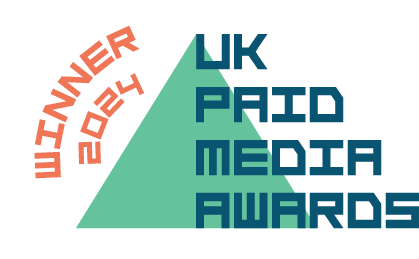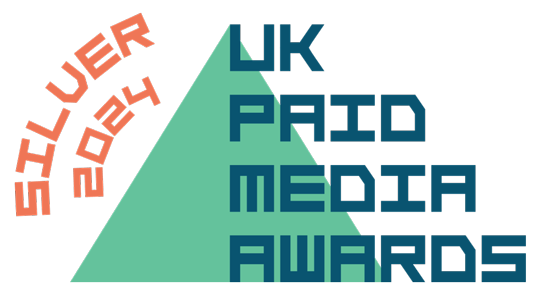




We create SEO-friendly content marketing strategies that will resonate with your target audience to help you meet your goals.
Our content marketing strategies excel because they are rooted in data, audience insights and market research. Whether you want to reach a new audience, grow and increase engagement with your existing audience or promote a specific product or service, content marketing will get your carefully crafted message to the right audience, at the right time.
Passion’s content marketing services can give you bigger and better campaigns that go beyond blog posts and site copy. We can lead the creation of unique and innovative content such as multi-channel content campaigns, infographics, comprehensive guides, video content, mini-sites, reports, and so much more.





If you want to increase your authority in the eyes of search engines – and boost your rankings in the search results page – you need a good amount of useful, enriched content on your website.
While some content is time sensitive, most content is evergreen meaning it is timeless, somewhat seasonless and has permanence so it will continue to drive traffic to your website with little to no effort long after it’s been published.
When executed as part of wider brand building activity, content can help communicate your unique brand values and personality. We put real thought into your tone of voice and the topics we write about, ensuring they fit your style.
Having great content means that other websites will want to link to you, which leads to referral traffic, improved brand awareness and increased domain authority.
Trust factors have become increasingly important since Google’s E-E-A-T update. That’s why we consider it our responsibility to ensure your content hub is SSL secure, has good user experience, is underpinned by your internal experts and shows off your credentials.
Depending on your goals, our content marketing experts work with you to define a content strategy that will help future proof your business, by increasing organic visibility, improving brand recognition across channels and generating customer loyalty.
Passion Digital specialises in strategising content marketing campaigns that reach new audiences, provoke engagement and utilise SEO, digital PR and Paid knowledge to ensure a fully rounded approach and tangible results.
Central to any SEO content strategy should be content optimisation tactics. A vital component to organic performance, published content is optimised and reoptimised to ensure correct keywords are targeted, content is formatted correctly, title tags are accurate and Google can properly rank your content.
Blog and informational content are key to organic performance and longevity. Informed by SEO opportunities, audience insights and market research, we define a content calendar that is designed to drive engagement, turn interest to intent and scale audiences.
Every business needs conversion-focused landing pages that showcase its product or service. Carefully crafted to target commercial keywords but appeal to real, human consumers, SEO content is an essential bottom-of-the-funnel tactic.
Growth comes from insight and reporting on content performance provides the key learnings needed to iterate, improve and evolve. Based off defined objectives and KPIs, bespoke multichannel Looker Studio dashboards are created to provide a holistic overview and identify opportunities.






Fields marked with an * are required